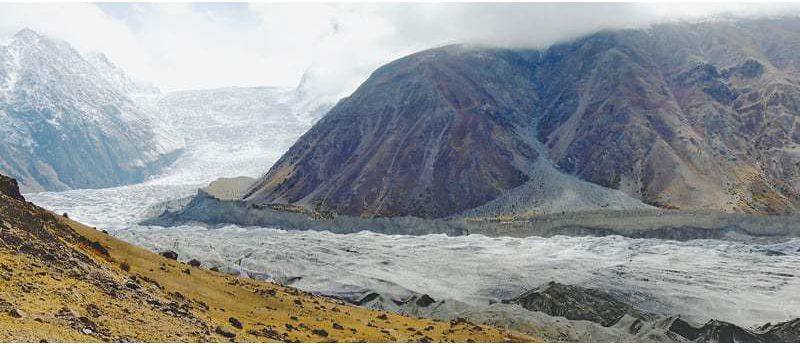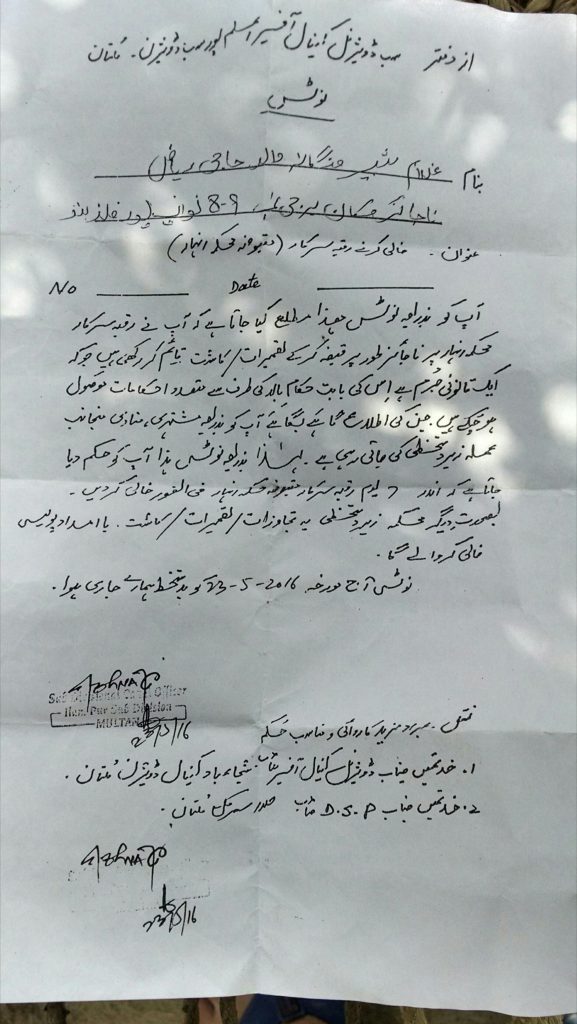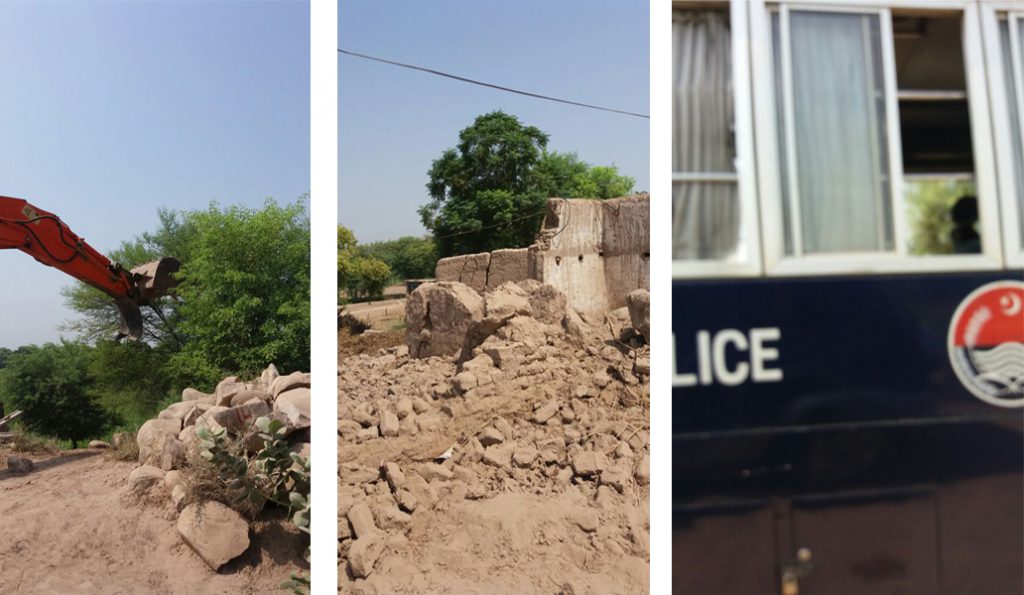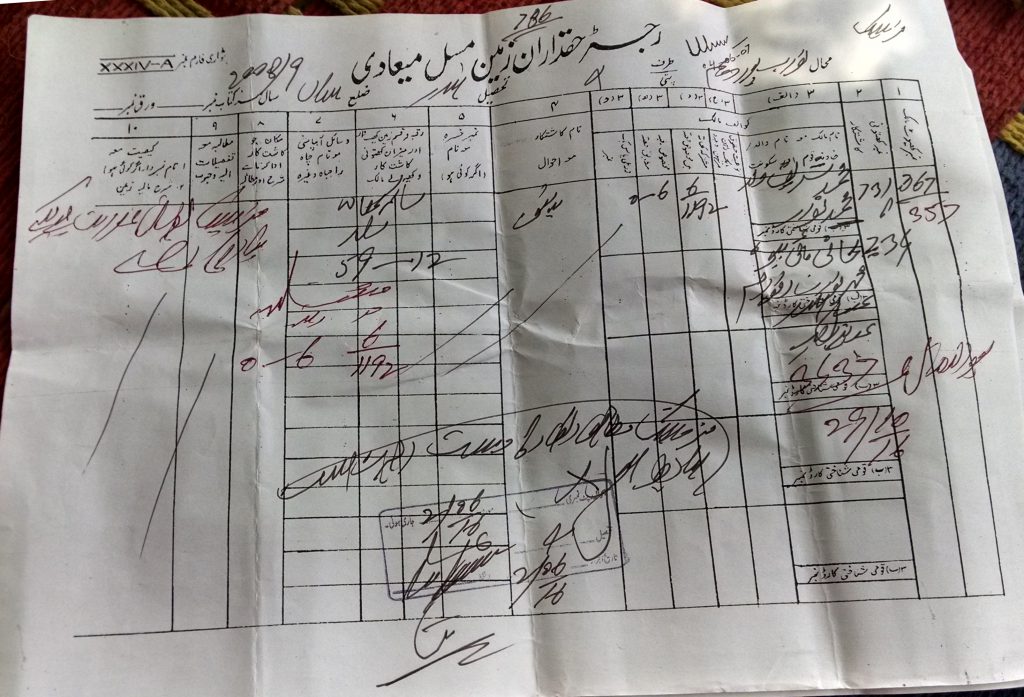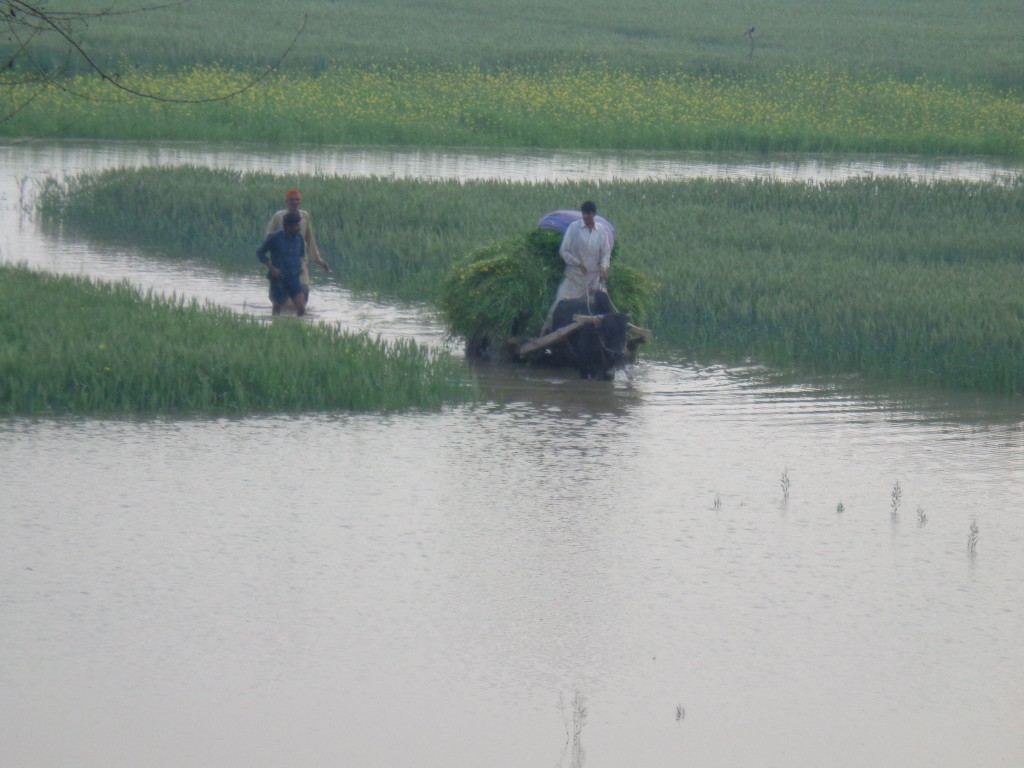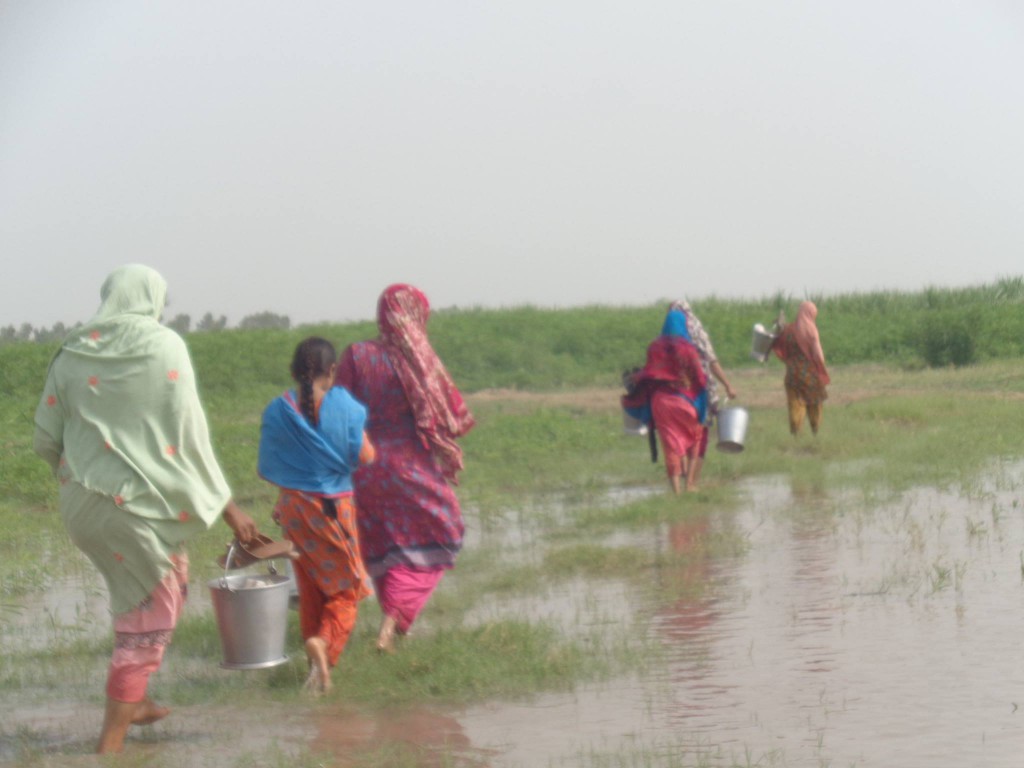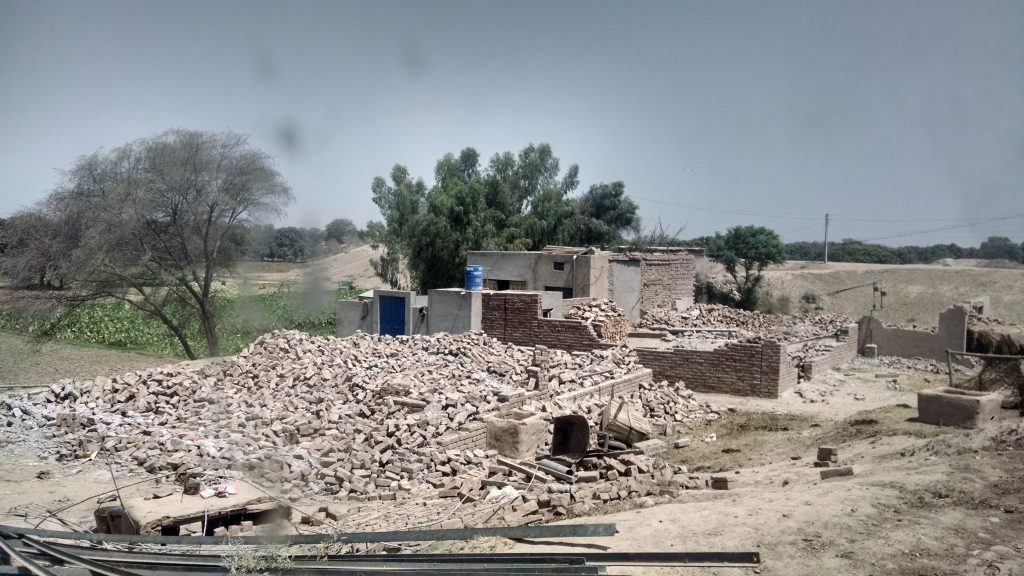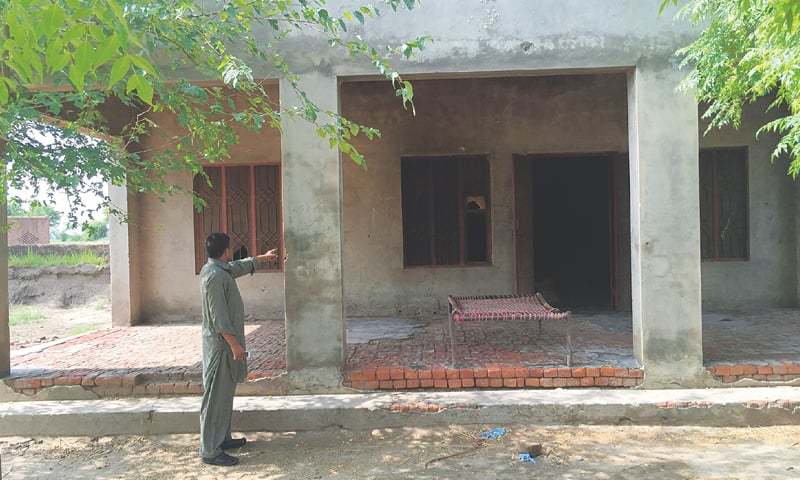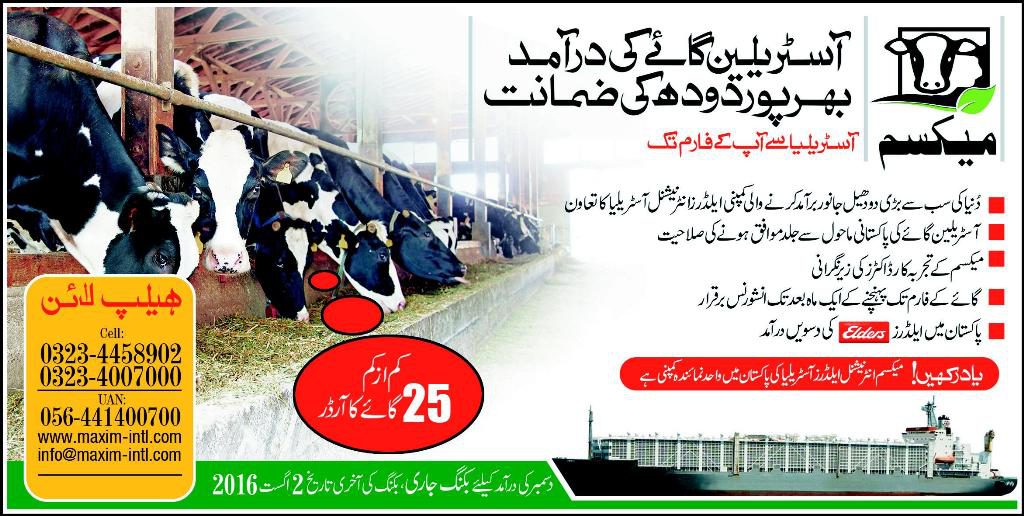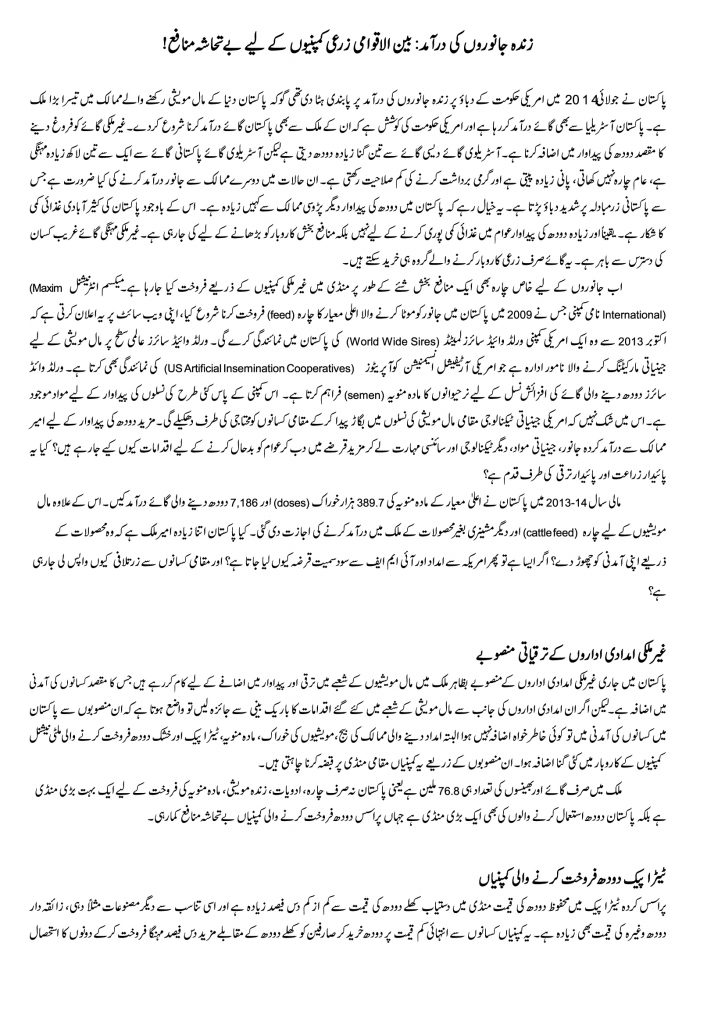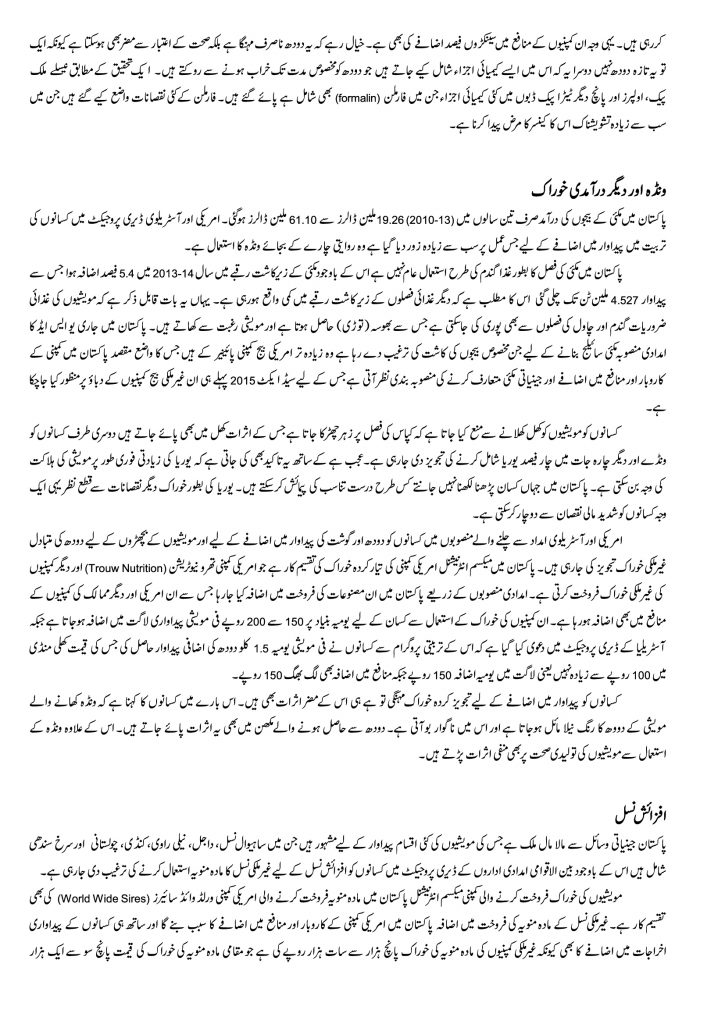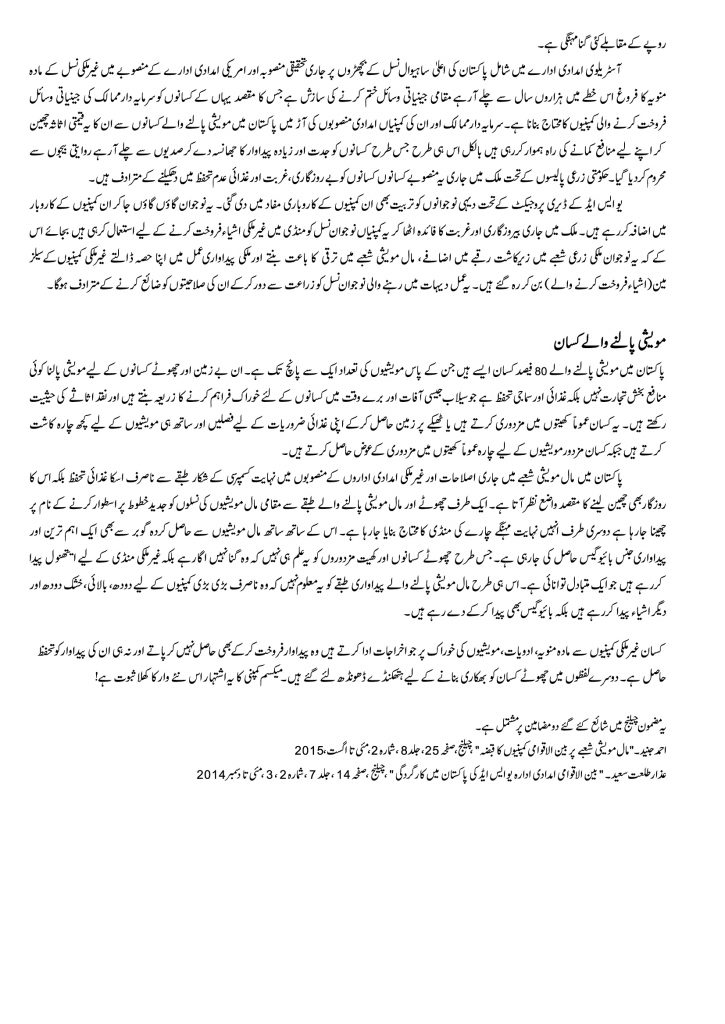International New York Times, 4 August 2016
Gina Kolata
The National Institutes of Health announced on Thursday that it was planning to lift its ban on funding some research that injects human stem cells into animal embryos.
The N.I.H. announced its proposal in a blog post by Carrie Wolinetz, the associate director for science policy, and in the Federal Register.
The purpose is to try to grow human tissues or organs in animals to better understand human diseases and develop therapies to treat them.
Researchers have long been putting human cells into animals — like pieces of human tumors in mice to test drugs that might destroy the tumors — but stem cell research is fundamentally different. The stem cells are put into developing embryos where they can become any cells, like those in organs, blood and bone.
If the funding ban is lifted, it could help patients by, for example, encouraging research in which a pig grows a human kidney for a transplant.
But the very idea of a human-animal mix can be chilling, and will not meet with universal acceptance.
In particular, when human cells injected into an animal embryo develop in part of that animal’s brain, difficult questions arise, said Paul Knoepfler, a stem cell researcher at the University of California, Davis.
“There’s no clear dividing line because we lack an understanding of at what point humanization of an animal brain could lead to more humanlike thought or consciousness,” he said.
The N.I.H.’s plan will most likely go into effect in the fall — perhaps with some modifications — after a 30-day comment period that is now open to the public and researchers.
The N.I.H., which would be a major source of federal funds for this type of work, imposed the moratorium in September to consider concerns about the research. The studies were just beginning, and the N.I.H. did not have any projects underway involving human-animal chimeras, a term derived from mythological creatures that were part goat, lion and snake. But Renate Myles, a spokeswoman, said, “We watch the state of the science and knew that this was where the science was heading.”
For scientists, the moratorium was “a little jarring,” said Dr. George Q. Daley, a Harvard professor and the director of the stem cell transplantation program at Boston Children’s Hospital. Two months later, the N.I.H. convened a workshop to hear from researchers and experts in animal welfare.
Two types of experiments that are being considered for funding would still have to undergo a review by an N.I.H. advisory committee. The first involves the addition of human stem cells to the embryos of animals before the embryos reach a stage when organs are starting to develop.
Because nonhuman primates like monkeys and chimpanzees are so genetically close to people, researchers working with such primates would have to wait until an embryo was further developed before adding human stem cells, according to the proposal.
The second type of study introduces stem cells into embryos of animals other than rodents where the cells could get into and modify the animals’ brains. Of particular concern is creating chimeras with human cells in the brain.
The N.I.H. would continue its ban on funding any research that could result in an animal with human sperm or eggs that would then be bred.
All of the N.I.H.’s proposals, though, apply only to the work that is financed with taxpayer money. Research supported by private donors or companies would not be affected.
Dr. Daley described some of the work researchers had been doing in this area.
First, they wanted to know if they had isolated new types of stem cells — ones that could turn into any type of tissue or organ. Accomplishing that involves putting the new cells into an embryo and seeing if they turn into the placenta, as well as every cell type in the adult animal.
In other experiments, they wanted to look at human stem cells that developed into very specific tissues. For example, one team of researchers found that if they put rat stem cells into the embryo of a mouse that was missing genes needed to make a pancreas, they ended up with a mouse that had a rat pancreas.
Now, Dr. Daley said, the hope is to do the same sort of experiments with pigs missing genes for organs like a kidney or a liver and see if human stem cells can be used to grow human organs in the animals for transplants.
“It’s science fiction today, but there has been enough progress in rat to mouse and even in pigs that it is at least theoretically possible,” Dr. Daley said.
Another team studied the use of human stem cells in mice embryos in the hope of eventually understanding human psychiatric disorders.
Dr. Wolinetz of the N.I.H. said during a teleconference that she expected “some on-the-job learning” about what would happen with chimeras that had human cells in their brains.
“There is a lot we don’t understand about the brain,” she said, “which is one reason the possibility of these animal models is really exciting.”
The work is disturbing to many. But does the unease reflect the novelty of the ideas, like concerns that surfaced with the advent of heart transplants, which were first met with revulsion and then embraced by the public? Or is this work of a different ilk?
Jeffrey P. Kahn, the director of the Johns Hopkins Berman Institute of Bioethics, points to two looming ethical issues.
One is to decide if there is a fundamental difference between adding DNA from one species into another — the technology used to produce genetically modified foods — and putting human cells into an animal. Many people can accept genetically modified organisms, but would a human-animal chimera eventually become acceptable? After all, Dr. Kahn said, in both cases, you could say “it’s just DNA.”
Where to draw the human boundary is another issue. If it is O.K. to put human cells into an animal, why does it seem clearly wrong to put animal cells into a human? As more and more human cells are added to an animal, at what point is the result different from adding more and more animal cells to a human embryo?
“What are we doing when we are mixing the traits of two species?” Dr. Kahn asked. “What makes us human? Is it having 51 percent human cells?”
Those questions, he added, “are part of what make people react to this issue.”
http://www.nytimes.com/2016/08/05/health/stem-cell-research-ban.html

